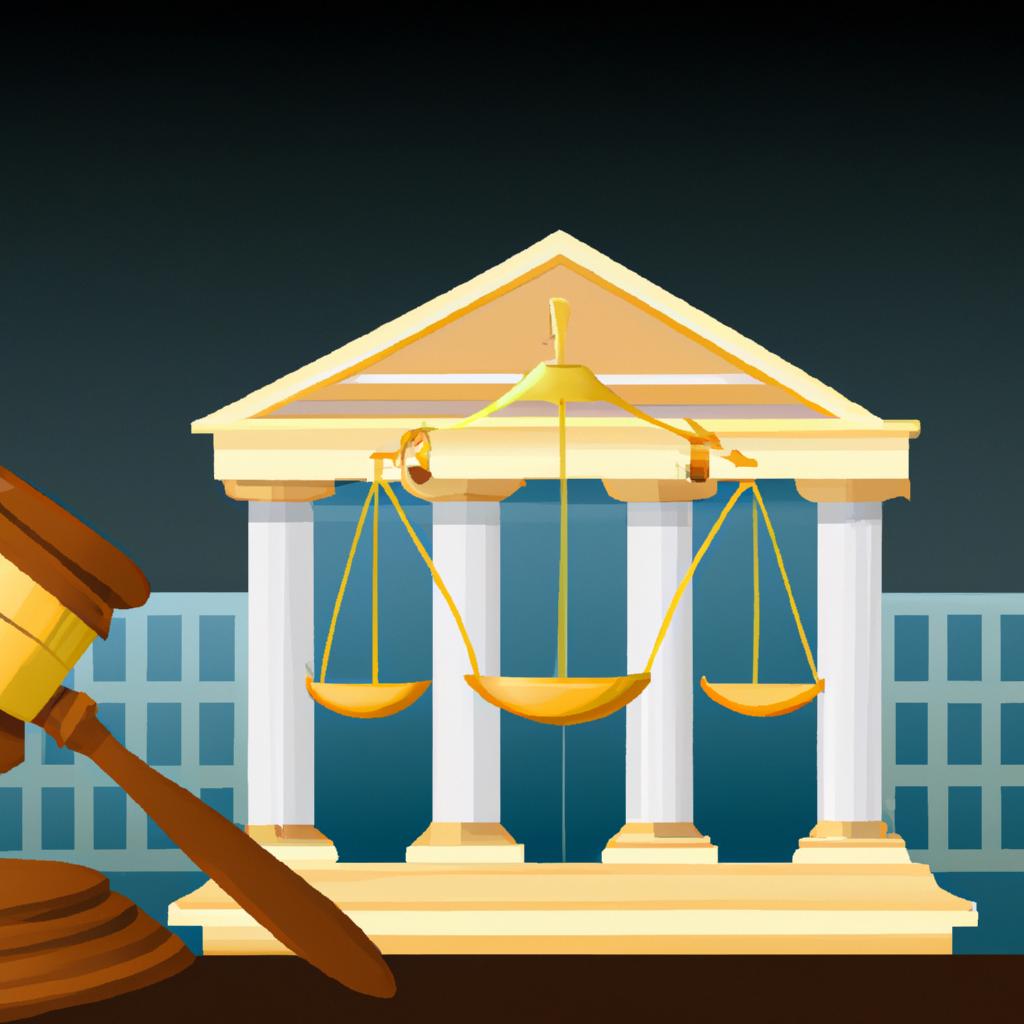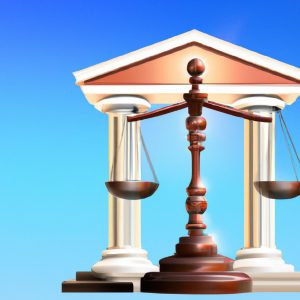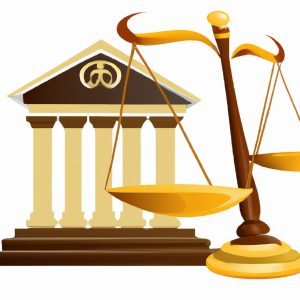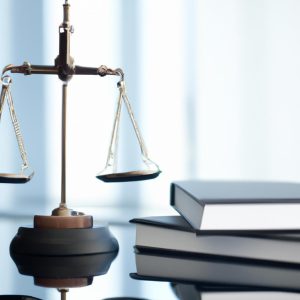As esteemed legal practitioners at Morgan Legal Group in New York City, we are well-versed in the complex intricacies surrounding will execution. In the realm of estate planning, one crucial question often arises: can an executor of a will effectively carry out their duties? In this article, we delve into the responsibilities and challenges faced by executors, exploring the key factors that can impact their ability to fulfill their role with efficiency and precision. Join us as we examine the legal obligations and potential pitfalls that may confront those entrusted with the task of executing a will.
Understanding the Responsibilities of an Executor of a Will
Being appointed as the executor of a loved one’s will is a significant responsibility that comes with various duties and obligations. It is important to understand the role and tasks that must be carried out to ensure the proper distribution of the deceased’s assets and the fulfillment of their final wishes.
As the executor of a will, you are tasked with several important responsibilities, including but not limited to:
- Gathering and managing the deceased’s assets: This includes identifying and collecting all assets, such as bank accounts, real estate, investments, and personal belongings.
- Notifying beneficiaries and creditors: Informing beneficiaries of their inheritance and notifying creditors of the deceased’s passing to settle any outstanding debts.
- Filing necessary paperwork: Completing and filing legal documents with the probate court, such as the will, inventory of assets, and accounting of estate expenses.
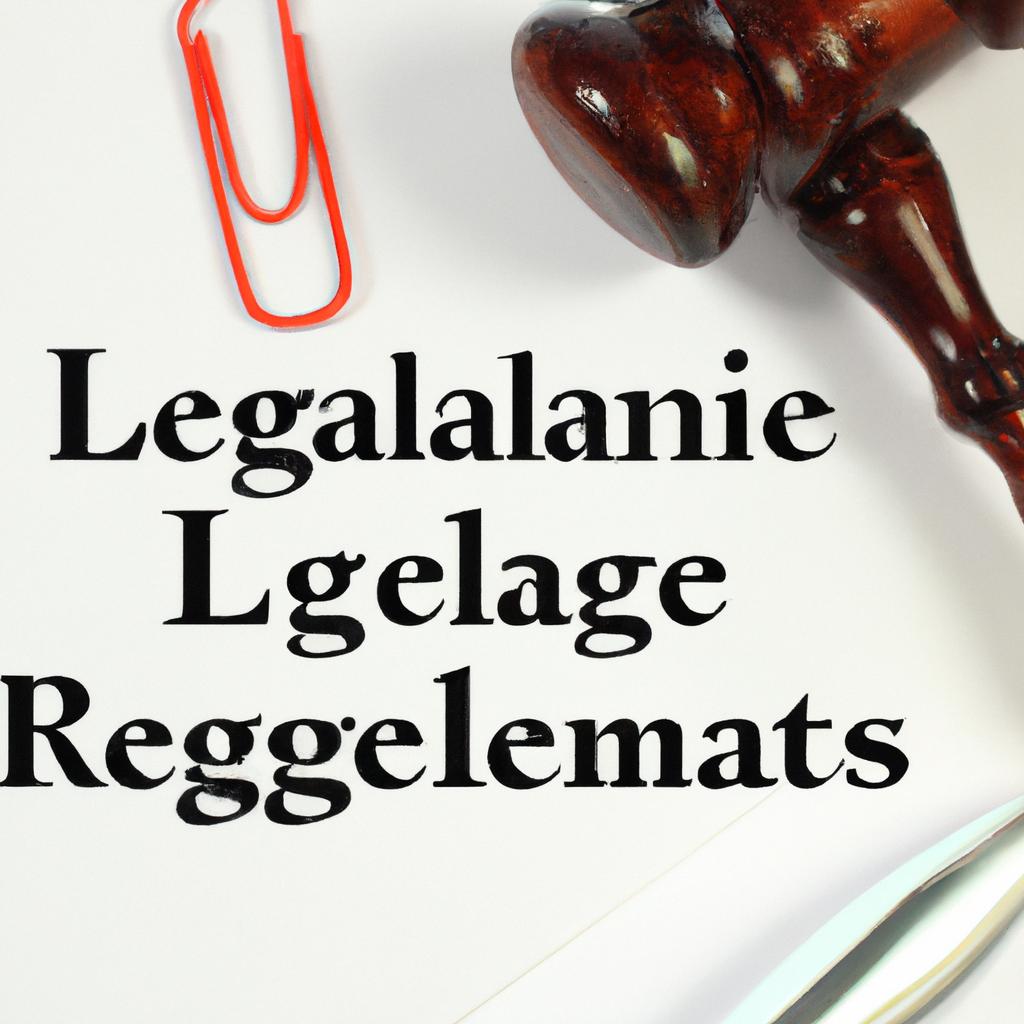
Navigating the Legal Requirements and Obligations
It is imperative to understand the legal requirements and obligations that come with being an executor of a will. One of the main duties of an executor is to ensure that the deceased’s assets are distributed according to their wishes as outlined in the will. This responsibility requires a careful and thorough understanding of the legal process involved.
As an executor, you must navigate through a complex legal landscape that involves probate court, creditors, beneficiaries, and tax obligations. It is essential to keep detailed records of all financial transactions related to the estate, communicate regularly with beneficiaries, and seek legal advice when needed. Failure to comply with legal requirements can result in legal disputes, delays in distribution, and potential personal liability.

Ensuring Effective Communication and Transparency
When it comes to serving as an executor of a will, communication and transparency are key components in ensuring a smooth and successful process. As the individual entrusted with carrying out the wishes of the deceased, it is crucial to maintain open lines of communication with all interested parties, including beneficiaries, family members, and other stakeholders. By keeping everyone informed of important updates and decisions, you can help prevent misunderstandings and disagreements that could potentially lead to legal disputes.
Additionally, transparency is essential in maintaining the integrity of the probate process. Providing clear and accurate information to all parties involved helps build trust and credibility, reducing the likelihood of challenges or accusations of misconduct. As an executor, it is your duty to act in the best interests of the estate and its beneficiaries, and maintaining open communication and transparency can help demonstrate your commitment to fulfilling this responsibility.
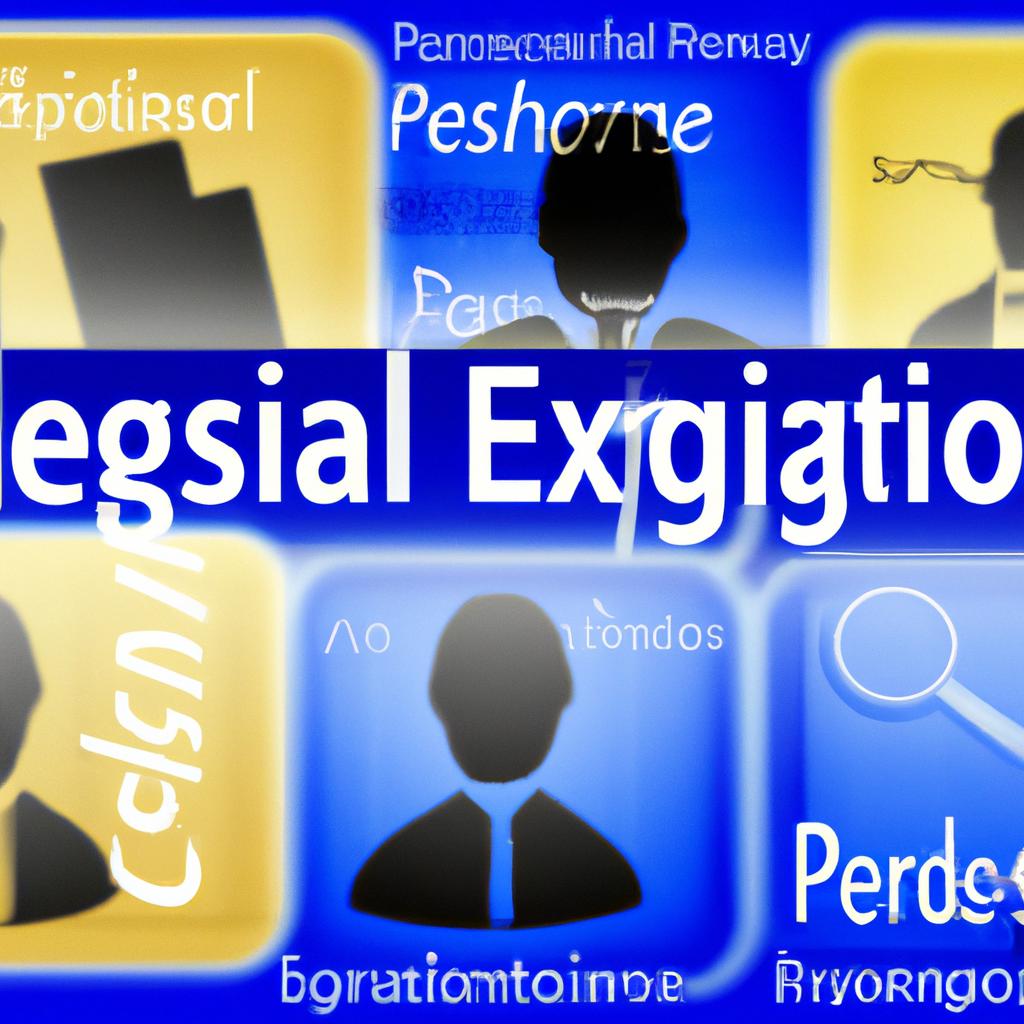
Seeking Professional Guidance and Support through Legal Experts
As an executor of a will, you have been entrusted with the important responsibility of carrying out the wishes outlined in the deceased individual’s legal document. This role requires careful attention to detail, knowledge of legal processes, and understanding of fiduciary duties. can help you navigate the complexities of the probate process and ensure that you fulfill your obligations as an executor.
Legal experts can provide valuable assistance in various aspects of estate administration. From interpreting the terms of the will to filing necessary paperwork with the court, their expertise can streamline the probate process and help you avoid costly mistakes. Additionally, they can guide you through potential disputes among beneficiaries, creditors, and other parties involved in the estate, ensuring that the deceased individual’s wishes are carried out in accordance with the law.
Q&A
Q: Can an executor of a will also be a beneficiary?
A: Yes, an executor can also be a beneficiary of a will. However, it is important for them to disclose this information to avoid conflicts of interest.
Q: What are the responsibilities of an executor of a will?
A: The responsibilities of an executor include ensuring that the deceased’s wishes are carried out, paying any debts or taxes owed by the estate, and distributing assets to the beneficiaries.
Q: Can an executor be removed from their position?
A: Yes, an executor can be removed from their position if they are unable or unwilling to fulfill their duties, are found to have committed fraud, or if all beneficiaries agree to replace them.
Q: What qualifications does someone need to be an executor of a will?
A: While there are no specific qualifications required to be an executor, it is important for them to be trustworthy, organized, and capable of handling complex financial and legal matters.
Q: How long does an executor have to settle an estate?
A: The time it takes to settle an estate can vary depending on its complexity, but generally, an executor should aim to settle the estate within one year of the deceased’s passing.
Q: Can an executor be held personally liable for mistakes in handling the estate?
A: In some cases, an executor can be held personally liable for mistakes in handling the estate, especially if they are found to have acted negligently or breached their fiduciary duty. So, it is important for executors to seek legal advice if they are unsure about their responsibilities.
Closing Remarks
In conclusion, the role of an executor of a will is a crucial one that requires careful consideration and attention to detail. Whether you are currently serving as an executor or are considering appointing one for your own estate, it is important to understand the responsibilities and challenges that come with the role. By staying informed and seeking professional guidance when needed, you can navigate the complexities of estate administration with confidence. Remember, being an executor is a great responsibility, but with the right approach, it can be a fulfilling and rewarding experience.
 Can an Executor of a Will: The Duties, Responsibilities, and Rights
Can an Executor of a Will: The Duties, Responsibilities, and Rights
When creating a will, one of the crucial decisions to make is choosing an executor. An executor is the person responsible for carrying out the wishes of the deceased, as outlined in their will. While it may seem like a straightforward role, executing a will involves various legal, financial, and administrative tasks. In this article, we will explore the duties, responsibilities, and rights of an executor of a will and answer the question, “Can an executor of a will?”
First, let’s clarify who can be an executor of a will. Generally, any competent person over the age of 18 can act as an executor. It can be a family member, friend, or professional such as a lawyer or accountant. It is essential to choose someone you trust and who is capable of handling the responsibilities that come with the role.
Duties of an Executor of a Will
1) Validate the will
The first duty of an executor is to validate the will. This involves submitting the will to the probate court in the county where the deceased lived. The court will review the will and grant the executor the legal authority to act on behalf of the deceased.
2) Identify and gather assets
Once the will is validated, the executor is then responsible for identifying and gathering all the deceased’s assets. This includes bank accounts, stocks and bonds, real estate, and personal belongings. The executor must keep detailed records of all the assets and their values, as this information will be needed for tax purposes.
3) Pay debts and taxes
After gathering assets, the executor must settle any outstanding debts and pay any taxes owed by the deceased. This can include funeral expenses, outstanding loans, and income tax. The executor must also file the deceased’s final tax return with the Internal Revenue Service (IRS). It is crucial to note that the estate pays taxes, not the executor personally.
4) Distribute assets
After settling all debts and taxes, the executor is responsible for distributing the remaining assets according to the instructions in the will. This can involve selling assets, transferring ownership, or distributing cash to beneficiaries.
5) Handle legal and administrative tasks
An executor must also handle various legal and administrative tasks, such as notifying the beneficiaries and settling any disputes that may arise. They must also ensure that all necessary paperwork, such as deeds and contracts, are properly executed to transfer assets to the beneficiaries.
6) Keep accurate records
Throughout the entire process, the executor must keep accurate records of all transactions, assets, debts, and distributions. This is crucial for the final accounting of the estate, which must be submitted to the court for approval.
Responsibilities of an Executor of a Will
1) Act in the best interest of the estate
An executor must always act in the best interest of the estate, not their personal interests or those of the beneficiaries. This means making sound financial and legal decisions and maintaining impartiality in situations involving family disputes or conflicts of interest.
2) Adhere to deadlines and legal requirements
The executor must adhere to all deadlines and legal requirements set by the court. This includes submitting the will for probate within a specified time frame and ensuring all taxes and debts are paid before distributing assets to the beneficiaries.
3) Communicate with beneficiaries
The executor must communicate with the beneficiaries regularly and keep them informed about the progress of the estate. This includes providing them with necessary legal documents, notifying them of any changes or delays, and addressing any questions or concerns they may have.
Rights of an Executor of a Will
1) Claim compensation for their time and efforts
An executor is entitled to reasonable compensation for their time and efforts spent administering the estate. This compensation can be set in the will or determined by state laws.
2) Seek professional guidance
An executor has the right to seek professional guidance and hire attorneys, accountants, or other professionals to assist with the responsibilities. The estate will cover these expenses.
3) Receive protection from personal liability
An executor is not personally liable for any debts or taxes owed by the estate as long as they have acted in good faith and properly carried out their duties.
Can an Executor of a Will?
In summary, an executor of a will has significant duties, responsibilities, and rights. While it can be a challenging and time-consuming role, it is essential to ensure the deceased’s wishes are carried out correctly. In case the will is contested, or there are complex legal or financial matters, it is advisable to seek professional guidance from a lawyer or an experienced executor. Ultimately, the decision to appoint an executor rests with the person creating the will, so it is crucial to carefully consider and choose someone who is capable, responsible, and trustworthy.

